I was way over supplementing with Vitamins!
Vitamin A toxicity lined up with, hair loss, dry skin and a host of other issues. It’s a fat soluble vitamin so it does store up in the liver—so it can also effect liver health.
My last blood panel showed way to much Vitamin B and my very pro low carb PA told me to stop with the extra B.
After a traumatic hair washing session (the Hairball being the size of a small mouse!) yesterday—I decided to research “over supplementing” and found many links about what disservice I was doing to myself!
I knew LCHF/Keto really wasn’t to blame—after all—hair is protein (and I’m the higher protein camp) and the calorie deficit wasn’t an issue either.
Please be aware of the harm they can do!
I also read an issue, here in the forum, about B toxicity!
Today is day one of only supplementing my Magnesium and salt (which my labs showed I was low in—even though I use 2 teaspoons a day!)
I hope this might help someone.
Hair loss discovery
Hmm, thanks! I’ve had some issues with hair loss (way before keto, this has been ongoing for a long time). I’ve worked toward supplementation to fix it, which has never really worked - maybe this is why!
Definitely worth looking at! I started in November with my “super supplementing”— when I restarted my LCHF woe. Unfortunately, I let myself be lead into the “IIFYM for work outs” mantra for about a year—big mistake but I didn’t take vitamins either—and my hair was fabulous!
I’m praying this is the answer!
Yeah, supplements are no toy.
It’s literally changing your body chemistry.
Taking a lot of supplements/ in large amounts can be a concern.
Thanks for the affirmation. Never really thought about them changing body chemistry!
Yeah, the marketing/ advertising of supplements is bizarre. It’s a mentality of you can’t take enough, have some more. They’re healthy. Taking more is even healthier.
The supplement industry is an industry just like any other.
Why does fat soluble vitamin A build up in the liver?
Hair loss & composition:
MSM (methylsulfonylmethane)===>Vitamin C===>Bone Broth = to bind keratin and collagen===>beautiful hair and nails!
One of the most important trace element/mineral on planet earth to the fluids in the human body which is vital to the production of glutathione et al. and is the most neglected dietary consideration?
Not enough sulfur in the diet which is vital to the breakdown of fat soluble-compounds-to-water-soluble-compounds and possibly using processed (heat treated, refined, chem…) non-organic fats/oils that have missing electrons diminishing its ability to associate with proteins[1] to achieve water solubility vs. electron rich unprocessed fats/oils?
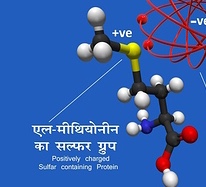
[1]Infographic Correction: “Sulfar” = Sulfur (“Positively Charged Sulfur Containing Protein”)
Related:
Hair loss help
Ketosis & The Liver
Dark circles under eyes on Keto and other strange things
Study regarding stevia and insulin release
Lancet study
Hair loss and new straight texture
My understanding is the accumulation of Vitamin A in the liver because it is only fat solvable and it’s stored for future use.
I’m sorry, I don’t know how to link articles. I just “Dr. Googled” Vitamin A toxicity and followed the rabbit trail!
Please correct me if I misread or misinterpreted anything.
I’ve read your posts and you’re a wealth of knowledge, research and resources!
Another question comes to mind why do people get a fatty liver (…”hard to detect” until hepatic insulin resistance signs start showing up rather than physiologic IR i.e. skeletal muscle tissue)?
No Sulfur or Too Little Sulfur in diet?
No Choline or Too Little Choline or Methionine in diet?
Processed Fats & Oils? (Bioaccumulates in Liver, Fat Cells and Internal Organs?); Too Much Sugar + Processed Fats/Oils + No Sulfur or Too Little Sulfur + No Choline/Methionine or Too Little Choline/Methionine = FATTY LIVER
No Omega 3’s or Too Little Omega 3’s (extra virgin unprocessed not exposed to light e.g. Cod Liver Oil; DHA)?
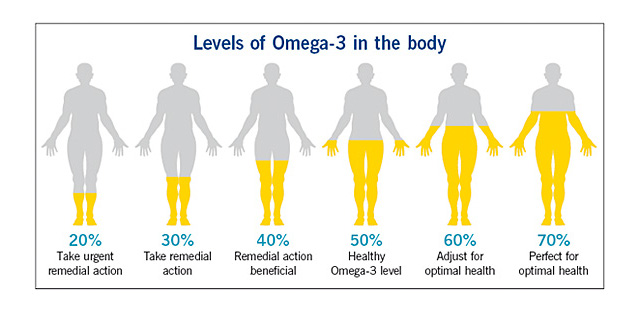
Related:
I’m sure the imbalance of Omega 3’s vs 6’s definitely plays a part (it certainly does in inflammation), but the biggest reason so many of us ended up with fatty liver was because of our HCHF diet. When you’re using carbs as your energy source and still ingesting a LOT of fat, the body’s only going to keep storing for a rainy day…along with all of the extra carbs that don’t get used up, excess protein and alcohol that’s turned into fat.
(now, how precisely the liver gets overwhelmed and starts allowing fatty incursions…that could very well be the lower levels of sulphur we’re ingesting…as it’s very healthy for your liver to ensure that you’re ingesting enough
Sulphur-Containing Supplements
Foods high in Sulphur:
*Alpha Lipoic Acid (or thioctic acid)
Chondroitin Sulfate
*Cysteine
DMPS
DMSA/*DMSO
Epsom Salts (baths)
Garlic
Glucosamine Sulfate
*Glutathione
Magnesium Sulfate
*Methionine
Milk Thistle
*MSM
*N-Acetyl Cysteine (NAC)
Sulphur-containing meds (antibiotics, sulfonylurea, etc)
Taurine
*These items are not only high in sulphur—they are high in thiols as well.
Edit: Good point - I should have referenced the source for the list! 
https://www.leavesoflife.com/sulfur-supplement-and-food-lists/
The easiest way to get a fatty liver, if you want one, is to load up on alchohol (ethanol) and/or fructose. They both stimulate the process of de novo lipogenesis, which is what leads to fatty liver disease.
Interesting you should say that, I was just watching this video by Dr. Berg and HFCS is even worse, it only gets processed by the liver and does not influence insulin directly, and does not go into the cells, the liver turns it directly into visceral fat especially around the tummy…eeeeew!
Fruit Fructose vs. High Fructose Corn Syrup (HFCS) Dr. Berg talks about some interesting data about fructose from fruit versus high fructose corn syrup. HFCS is made from GMO corn, not fruit. Fruit at least has vitamins, nutrients and fiber. High fructose corn syrup does not. Fructose is metabolized differently than glucose. Fructose can promote the growth of pancreatic cancer. Cancer cells can eat fructose. Fructose does not supply the brain and muscles energy. Fructose does not satisfy hunger, which causes you to keep eating and drinking it. Table sugar is 50% glucose and 50% fructose. in 2009, an average person consumed 35.7 pounds of high fructose corn syrup. Agave nectar is 97% fructose.
Stalled - Tried Everything

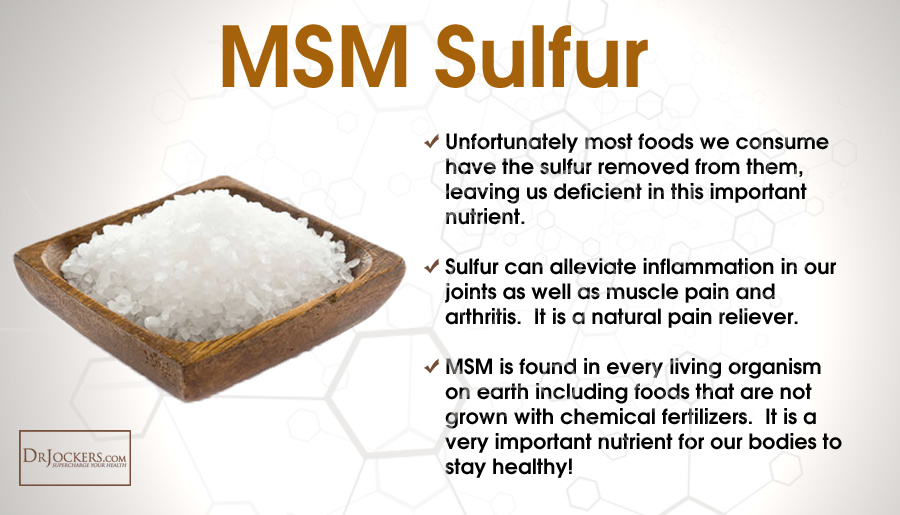
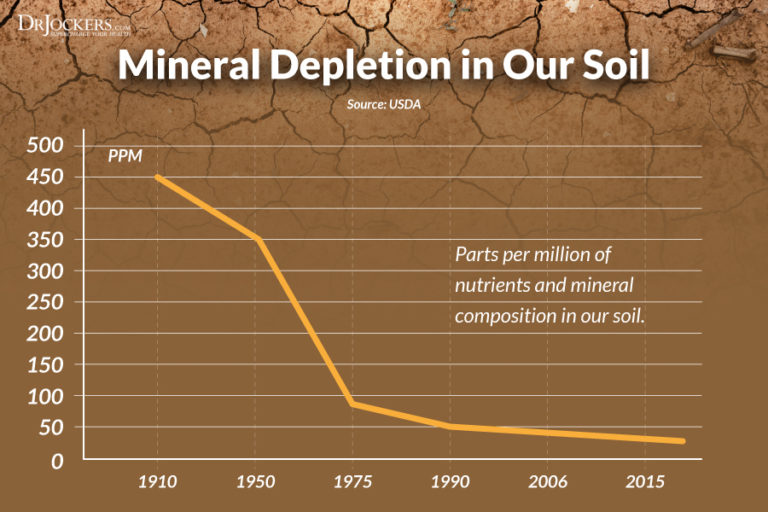
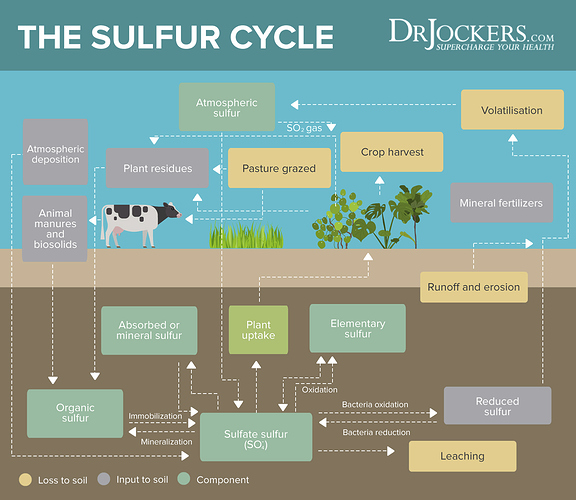



 EGADS!!! And we wonder why so many people are sick???
EGADS!!! And we wonder why so many people are sick???